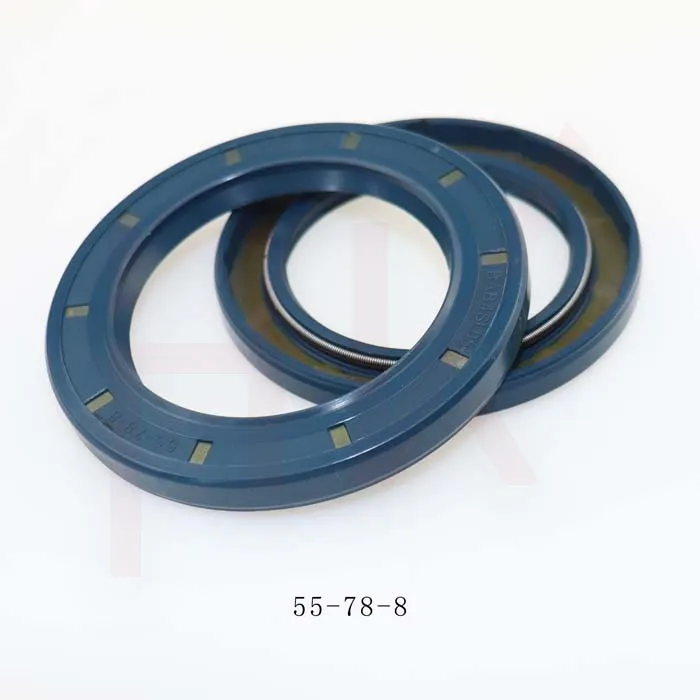Nov . 14, 2024 10:04 Back to list
oil pump seal
The Importance of Oil Pump Seals in Engine Performance
Oil pump seals play a critical role in the overall function and efficiency of vehicle engines. Often underestimated, these small yet vital components ensure that oil circulates effectively throughout the engine, providing lubrication and preventing wear and tear. In this article, we will explore the function of oil pump seals, their types, and their impact on engine performance and longevity.
What are Oil Pump Seals?
Oil pump seals are designed to prevent the leakage of oil from the oil pump housing into the engine compartment. They serve as a barrier, ensuring that the oil remains contained and flows within the designated pathways. The seals are typically made from durable materials such as rubber, silicone, or thermoplastics, capable of withstanding high temperatures and pressures commonly found within an engine.
Types of Oil Pump Seals
There are several types of oil pump seals, each designed for specific functions and applications
. The most commonly used seals include1. Lip Seals These seals consist of a flexible lip that conforms to the rotating shaft, preventing oil from leaking while allowing smooth movement. Lip seals are extensively utilized in various automotive and industrial applications.
2. Face Seals Utilized in applications where high pressure is a concern, face seals rely on two flat surfaces that make contact with each other. This design allows for effective sealing in high-pressure oil circuits.
oil pump seal

3. O-Rings These are circular seals that fit into a groove to prevent oil from leaking. O-rings are often used in conjunction with other sealing solutions to enhance effectiveness.
4. Gasket Seals These seals create a barrier between different engine components, such as the oil pump and engine block, preventing any oil from escaping.
The Impact of Oil Pump Seals on Engine Performance
Poorly functioning or damaged oil pump seals can lead to a myriad of problems. Oil leaks can not only reduce the amount of oil circulating through the engine but can also create a welcoming environment for contaminants that can lead to increased wear and tear on engine components.
When oil is not adequately circulated, it can cause overheating, leading to more severe engine issues. Additionally, a reduction in oil pressure can impair the effectiveness of the oil pump itself, further exacerbating the situation. Regular inspections and maintenance of oil pump seals are crucial to ensure optimal engine performance.
Conclusion
In conclusion, oil pump seals are essential for the efficient operation of an engine. Their ability to contain oil, prevent leaks, and protect engine components ensures that vehicles run smoothly and efficiently. Neglecting the condition of these seals can result in greater engine damage and costly repairs. Regular maintenance and timely replacement of worn seals not only enhance engine performance but also contribute to the longevity of the vehicle. By understanding the importance of oil pump seals, vehicle owners can take proactive steps to maintain their engines and ensure a reliable driving experience.
-
TCN Oil Seal Metal Ring Reinforcement for Heavy Machinery
NewsJul.25,2025
-
Rotary Lip Seal Spring-Loaded Design for High-Speed Applications
NewsJul.25,2025
-
Hydraulic Cylinder Seals Polyurethane Material for High-Impact Jobs
NewsJul.25,2025
-
High Pressure Oil Seal Polyurethane Coating Wear Resistance
NewsJul.25,2025
-
Dust Proof Seal Double Lip Design for Construction Equipment
NewsJul.25,2025
-
Hub Seal Polyurethane Wear Resistance in Agricultural Vehicles
NewsJul.25,2025
-
The Trans-formative Journey of Wheel Hub Oil Seals
NewsJun.06,2025
Products categories
















